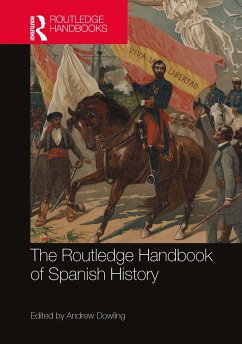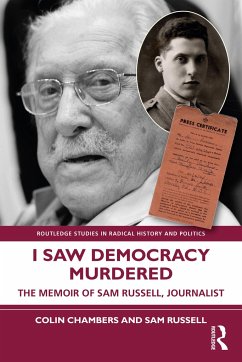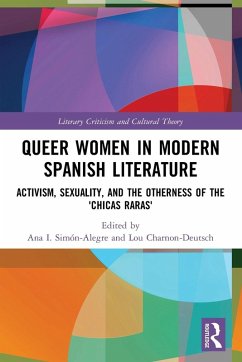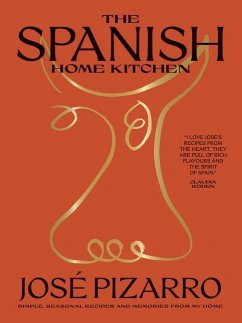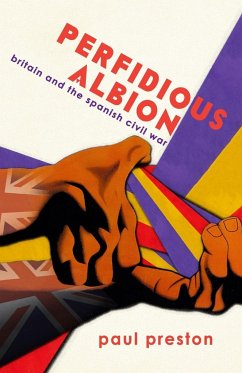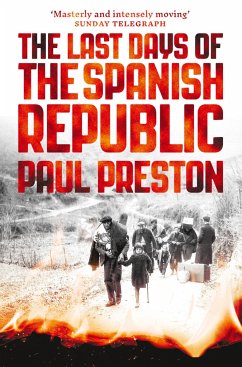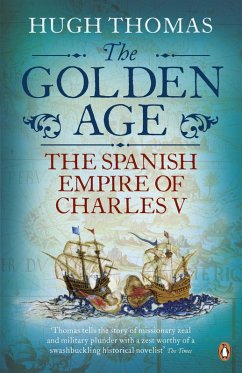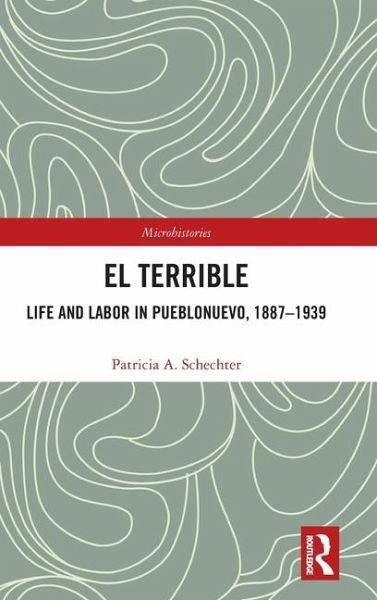
El Terrible
Life and Labor in Pueblonuevo, 1887-1939
Versandkostenfrei!
Versandfertig in 6-10 Tagen
154,99 €
inkl. MwSt.

PAYBACK Punkte
77 °P sammeln!
This book is a biography of Pueblonuevo del Terrible, a mining town located in Andalusia, Spain. Based on previously unexamined sources, the study paints a fresh portrait of industrial workers and their families in Córdoba province, enriching our understanding of this mostly agricultural region.Previous studies of laboring communities in Spain have identified radical workers, miners among them, as a destabilizing element due to their insurgent protest activity, including lethal violence. This study, by contrast, describes both worker activism and cross-class organizing as constructive, not de...
This book is a biography of Pueblonuevo del Terrible, a mining town located in Andalusia, Spain. Based on previously unexamined sources, the study paints a fresh portrait of industrial workers and their families in Córdoba province, enriching our understanding of this mostly agricultural region.
Previous studies of laboring communities in Spain have identified radical workers, miners among them, as a destabilizing element due to their insurgent protest activity, including lethal violence. This study, by contrast, describes both worker activism and cross-class organizing as constructive, not destructive, and aimed at integration into Spanish society. Economically, the mining zone was dominated by a French company in the Rothschild portfolio. But by running their own city, waging peaceful labor strikes, raising a church, building housing, and honoring their dead, residents turned a quasi-colonial outpost into a pueblo worth defending, and they rallied in defense of the Republic at the outbreak of the Spanish Civil War. In the making of Pueblonuevo del Terrible, Spanish men and women contended with the perils of mine work, the jolts of industrial capitalism, creeping fascism, and civil war.
As such, this book tells a village-scale story of global events that defined the twentieth century.
Previous studies of laboring communities in Spain have identified radical workers, miners among them, as a destabilizing element due to their insurgent protest activity, including lethal violence. This study, by contrast, describes both worker activism and cross-class organizing as constructive, not destructive, and aimed at integration into Spanish society. Economically, the mining zone was dominated by a French company in the Rothschild portfolio. But by running their own city, waging peaceful labor strikes, raising a church, building housing, and honoring their dead, residents turned a quasi-colonial outpost into a pueblo worth defending, and they rallied in defense of the Republic at the outbreak of the Spanish Civil War. In the making of Pueblonuevo del Terrible, Spanish men and women contended with the perils of mine work, the jolts of industrial capitalism, creeping fascism, and civil war.
As such, this book tells a village-scale story of global events that defined the twentieth century.





